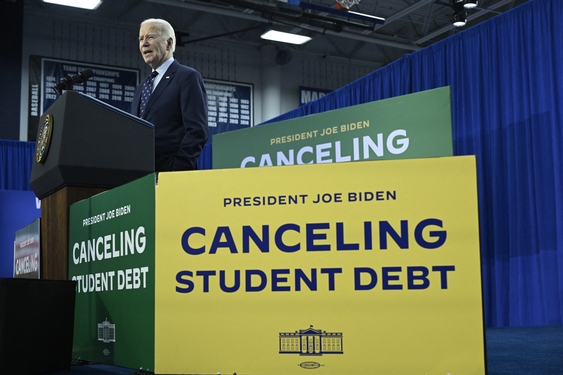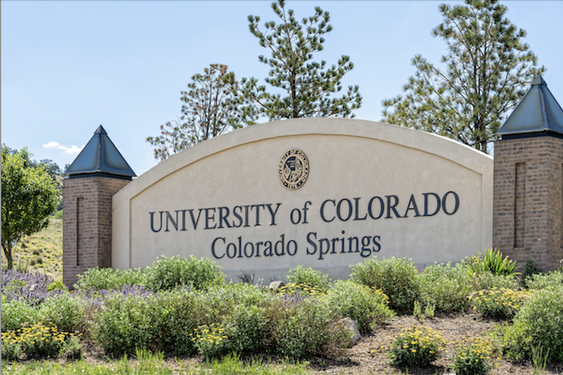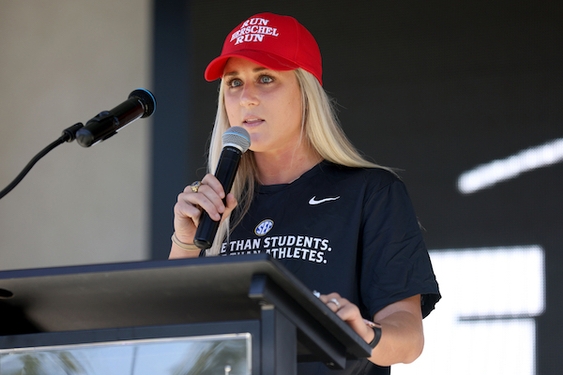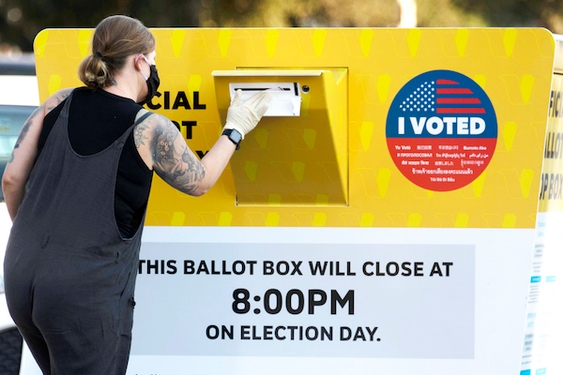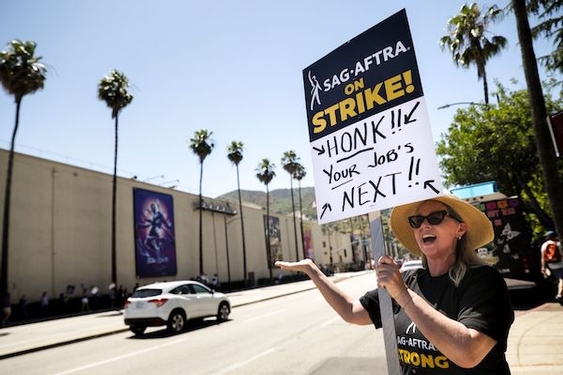Since the modern system of public financing came into effect in the post-Watergate election of 1976, no major party candidate has opted out of the general election funds that provide strictly-regulated, taxpayer-supported dollars ($84 million this year) from the time the nominees are officially chosen at their party conventions until Election Day. Obama now takes an enormous risk, wagering his reputation as a reformer and his ability to continue fundraising on the chance to drastically re-shape the race in his favor.
Immediately following Obama’s decision, which he broadcasted via a YouTube-styled video, liberal and conservative activists took aim at what many saw as a reversal of his previous promise to support the public financing system. Specifically, critics saw a “flip-flop” in a Midwest Democracy Network questionnaire completed last year where Obama wrote, “If I am the Democratic nominee, I will aggressively pursue an agreement with the Republican nominee to preserve a publicly financed general election.”
In his video address, Obama then claimed that special interest groups, known as “527s” – after their tax code – with ties to Republican and conservative causes, remain outside of the public financing scheme and can use unlimited, unregulated funds to smear him and his campaign.
Obama’s rhetoric in the videotaped message was one of defensiveness, noting, “The public financing of presidential elections as it exists today is broken, and we face opponents who’ve become masters at gaming this broken system.” Obama’s campaign maintains that they did indeed “aggressively pursue” an agreement with the McCain campaign, a charge the GOP camp refutes.
Some Democrats, doubtless still stinging from the “Swift Boat Veterans for Truth” ads that derailed John Kerry’s bid in 2004, noted the pragmatism of the decision and echoed Obama’s worries about impending Republican attacks.
Obama supporters Rep. Rahm Emanuel and former Senate Majority Leader Tom Daschle reiterated their claims that Obama’s campaign would not be susceptible to big-money politics because his donations came from millions of contributors with small amounts to offer.
Others, such as Delaware Sen. Joe Biden, himself an Obama supporter and possible vice-presidential candidate, said Obama’s decision did indeed endanger the public financing system. Republicans, led by John McCain, seized on the decision as an indication of Obama’s hollow rhetoric on matters of true change.
“He has completely reversed himself and gone back, not on his word to me, but the commitment he made to the American people,” McCain said.
It is too early in the campaign to know the quantitative impact of Obama’s private fundraising apparatus, which raised anywhere from three to four times the amounts announced by Sens. Hillary Clinton or McCain during the primary season. Pundits suggest that to make the private financing worth his while, Obama must raise at least twice the $84 million earmarked by the public system. His time on the campaign trail must now be split between his trademark large-scale, populist rallies and fundraising events that will, by necessity, exclude some of his audience.
Meanwhile, the more speculative, philosophical ramifications of this decision should be addressed continuously throughout the campaign. Tactically, Obama and his campaign staff may have traded some of the shine from Obama’s reformist image in order to put more states in play on the electoral map.
With a large financial advantage over McCain, Obama hopes to fashion new opportunities on the map that would not exist for a Democratic candidate needing to use strained coffers to bolster support in must-win battleground states.
Obama has shown himself to be more of a politician than ever before, both in his shrewd, by-the-numbers approach to winning this election and in his keen knowledge of political history – George W. Bush’s dynamic money machine in 2000 and 2004, operating within his campaign and also divested amongst many pro-GOP action groups, powered his bids for the White House and left the traditionally cash-strapped Democrats with no answers for the thousands of TV ads and voter identification efforts that spanned countless states.
Obama’s decision also speaks to his difficulties wooing key voting blocs traditionally vital to Democratic successes in November: as long as he remains tied with or behind McCain in Ohio and Florida polling, he will need to invest heavily in advertising and outreach in states like Colorado, New Mexico, Nevada and Virginia that are trending Democratic after years of Republican control.
Obama’s decision, yet to be judged for its overall effectiveness and ultimate impact on his campaign, does mark a notable shift from idealism to pragmatism and acknowledges the sometimes unseemly realities of a general election campaign where there is no prize for finishing second.


